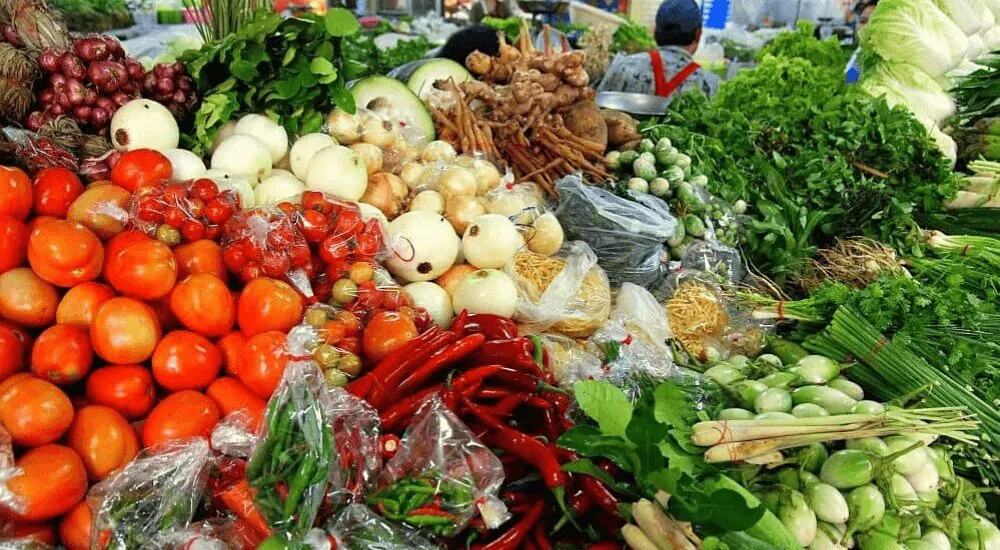August Food Inflation and CPI Impact Nigeria's Headline Inflation Rate

Understanding the Decline in Nigeria's Headline Inflation Rate
August food inflation has played a crucial role in reducing Nigeria's Consumer Price Index (CPI), which currently stands at 32.15%. This trend reflects a broader shift in the economic landscape. The National Bureau of Statistics (NBS) released this data, highlighting the second consecutive monthly decline.
Key Factors Influencing Headline Inflation
- b>Decrease in food prices across various sectors.
- Improvement in market supply chains.
- Government interventions to stabilize food costs.
Implications for Stakeholders
These changes are vital for investors, policymakers, and consumers. Understanding how August food inflation affects economic policies is essential for making informed decisions. Staying updated on the CPI developments can guide future investments and strategies.
This article was prepared using information from open sources in accordance with the principles of Ethical Policy. The editorial team is not responsible for absolute accuracy, as it relies on data from the sources referenced.